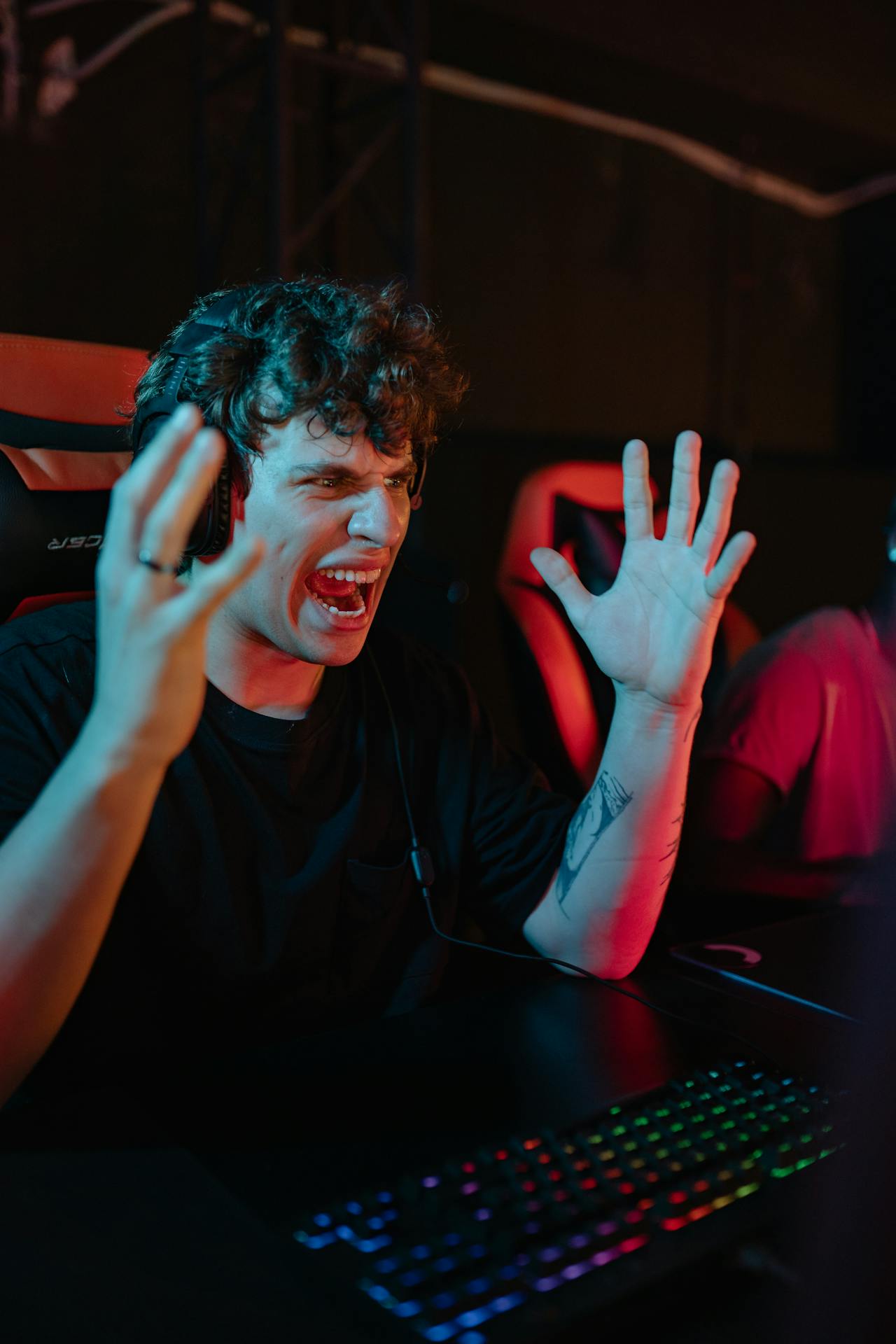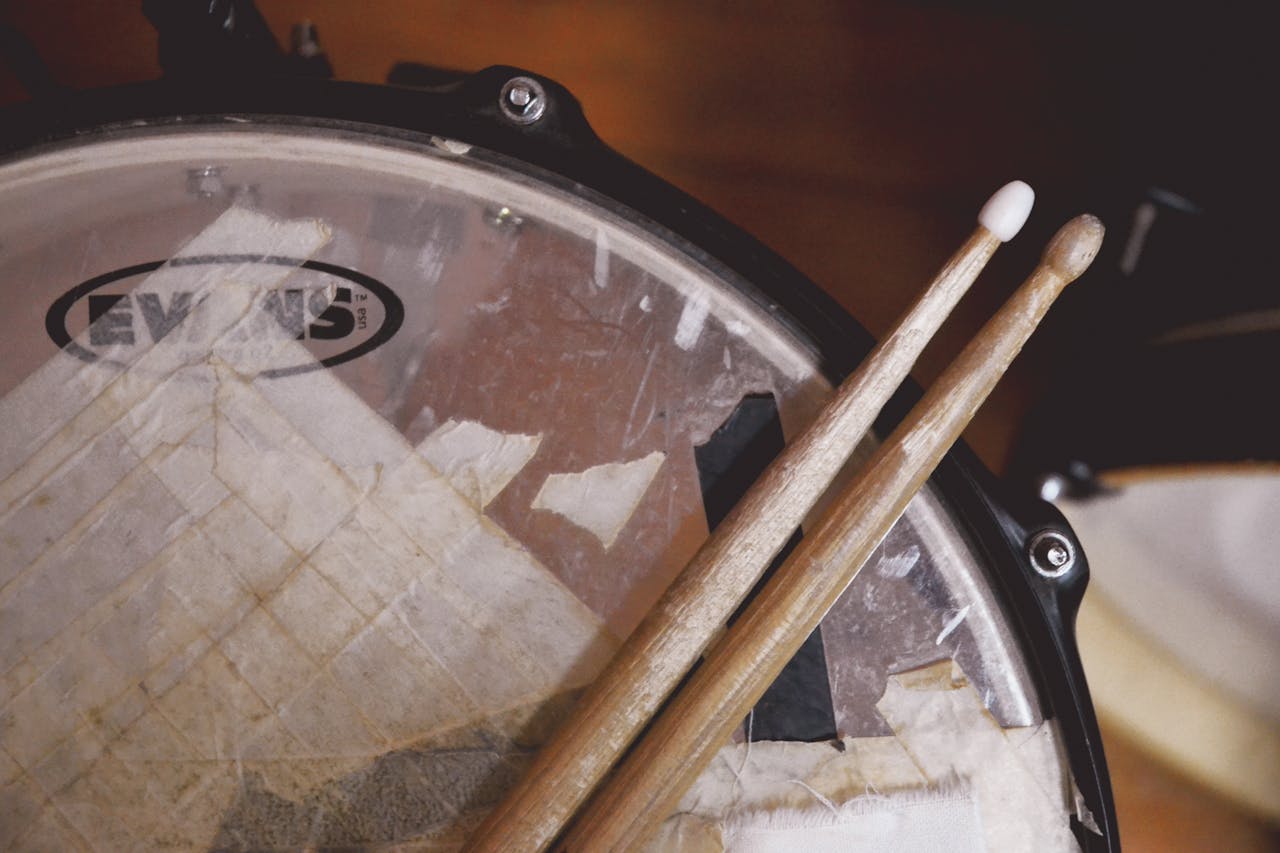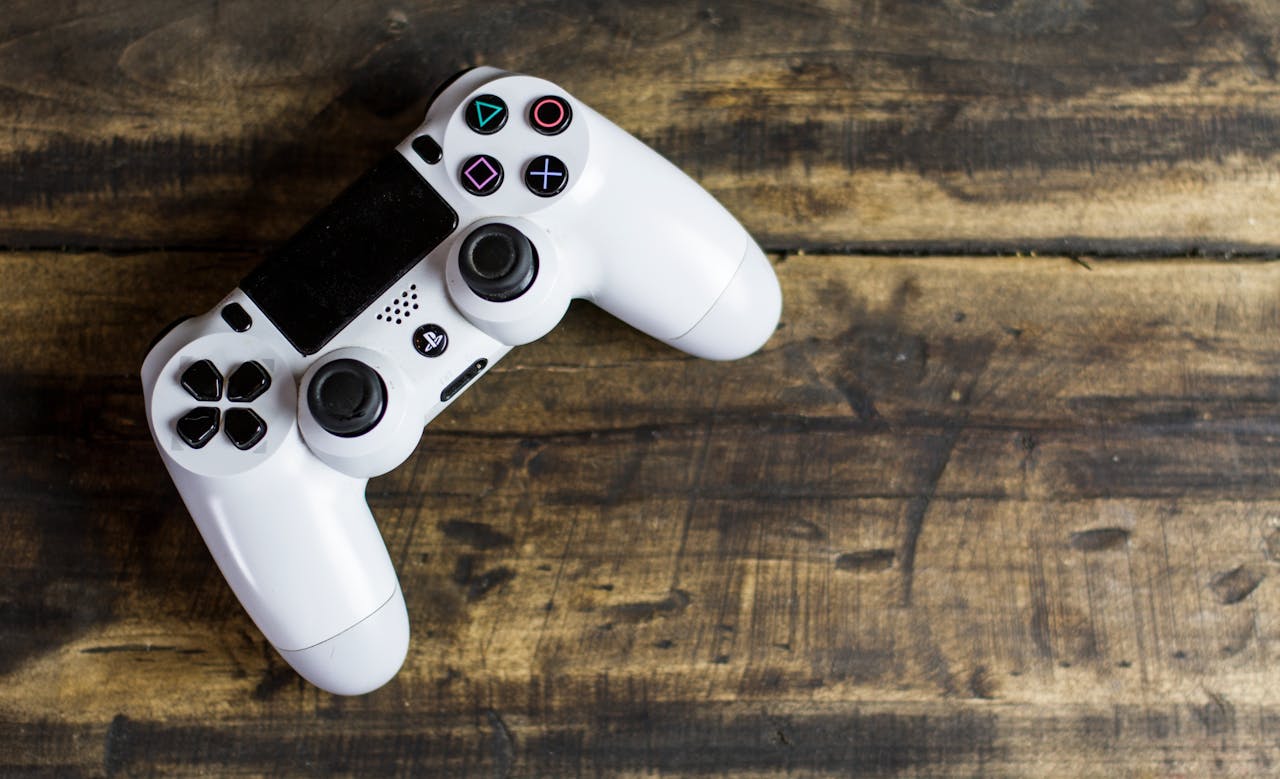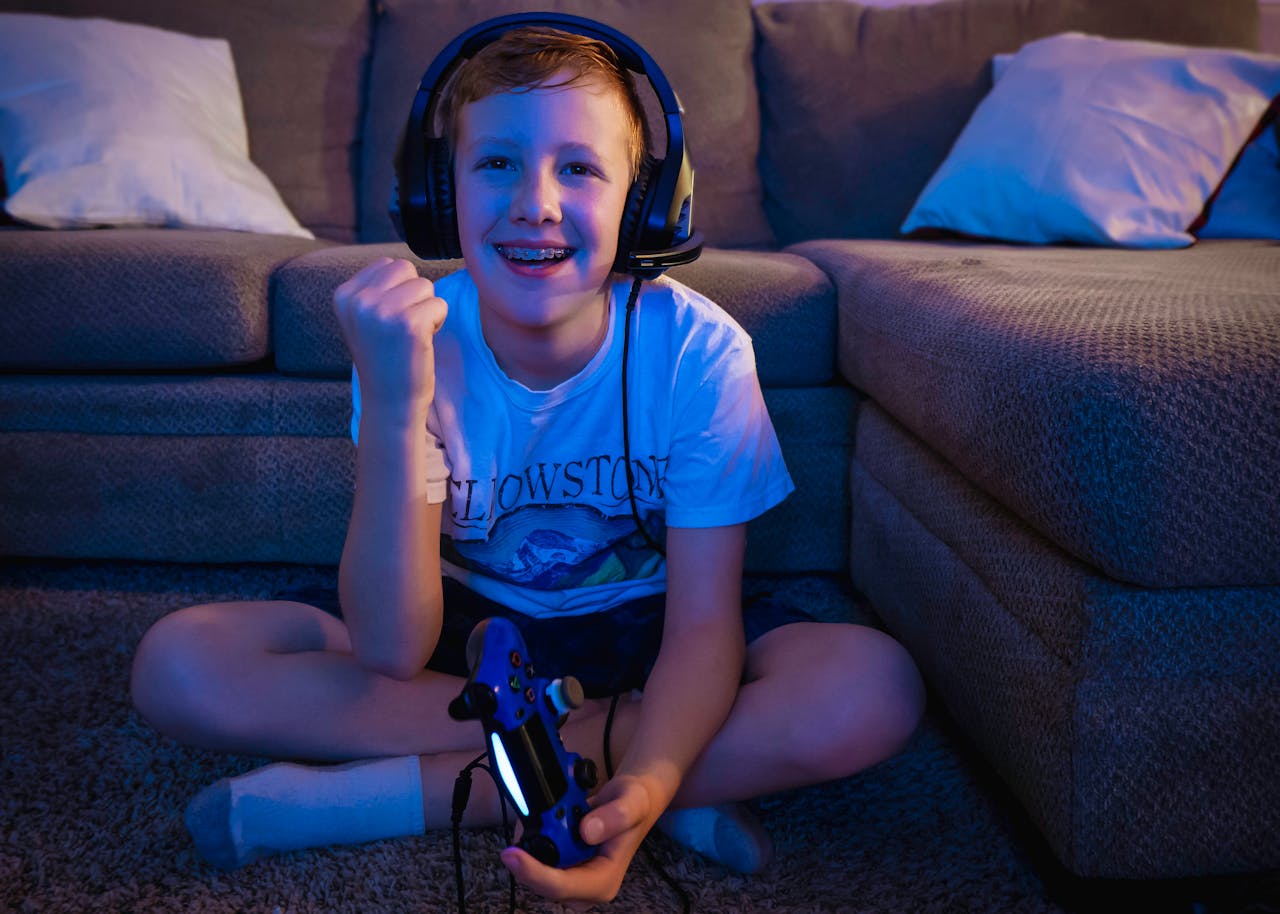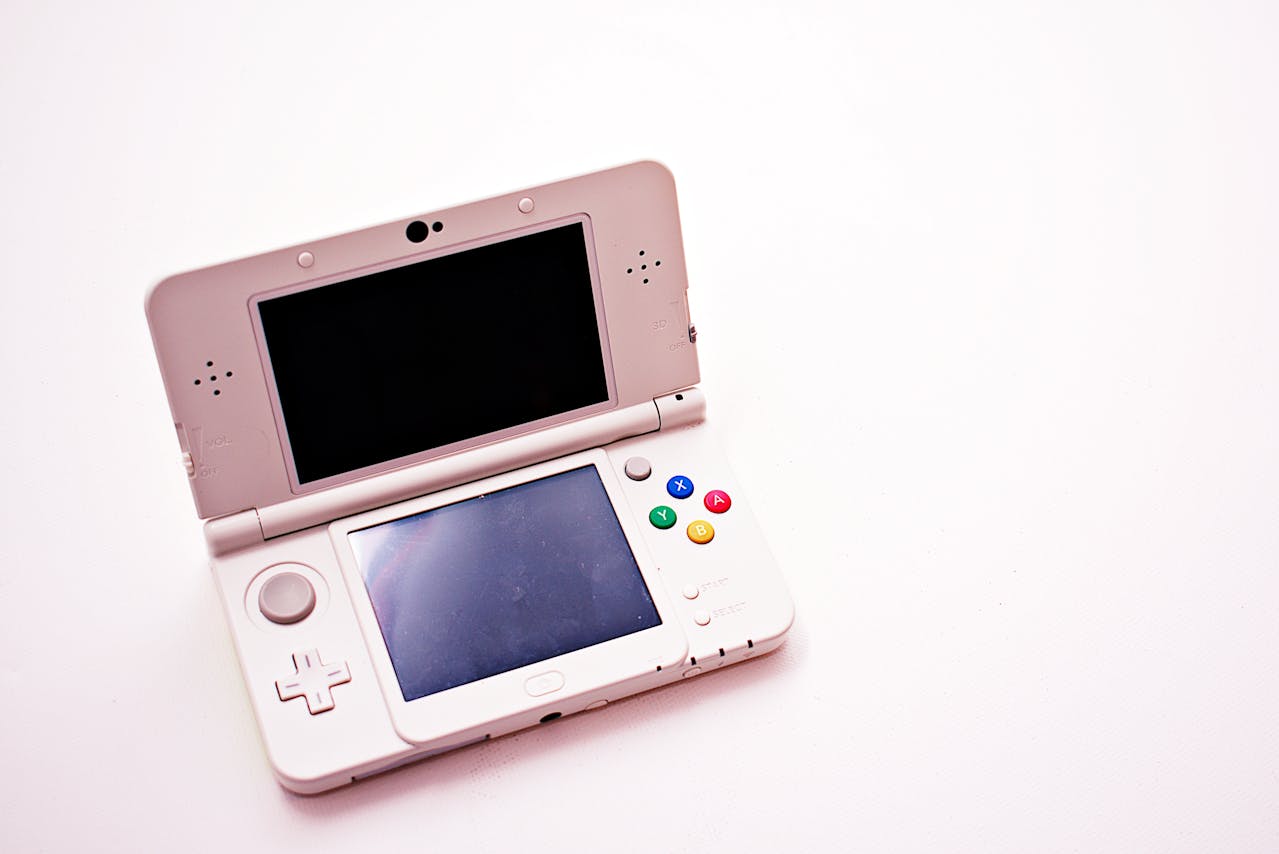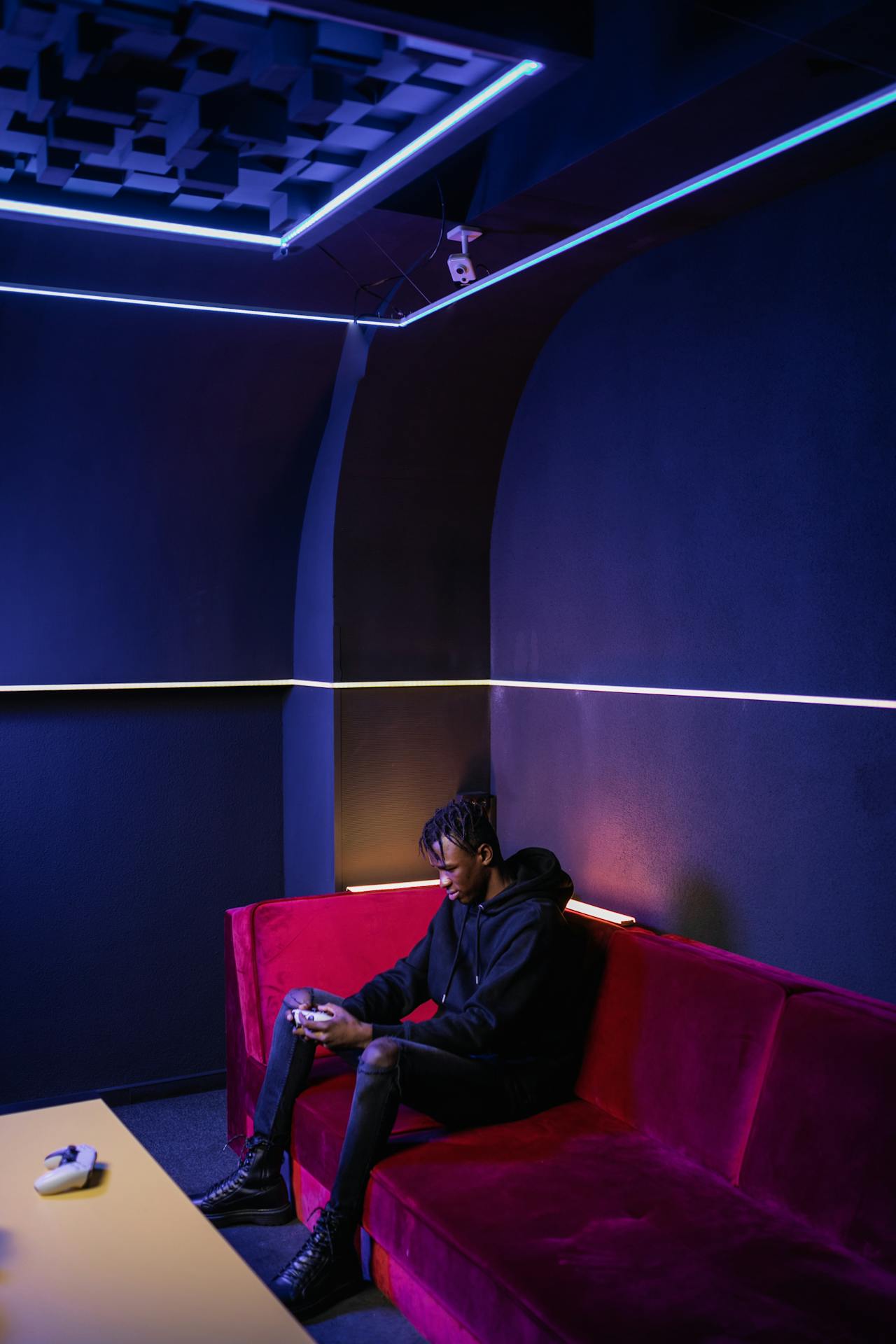It’s Just a Game
Most gamers hate hearing that phrase, but it’s the unfortunate truth. Gaming is supposed to be a fun hobby and taking it too seriously can have major effects on your mood and mental well-being. Here are 20 signs indicating it’s time to turn off the PC and touch some grass.
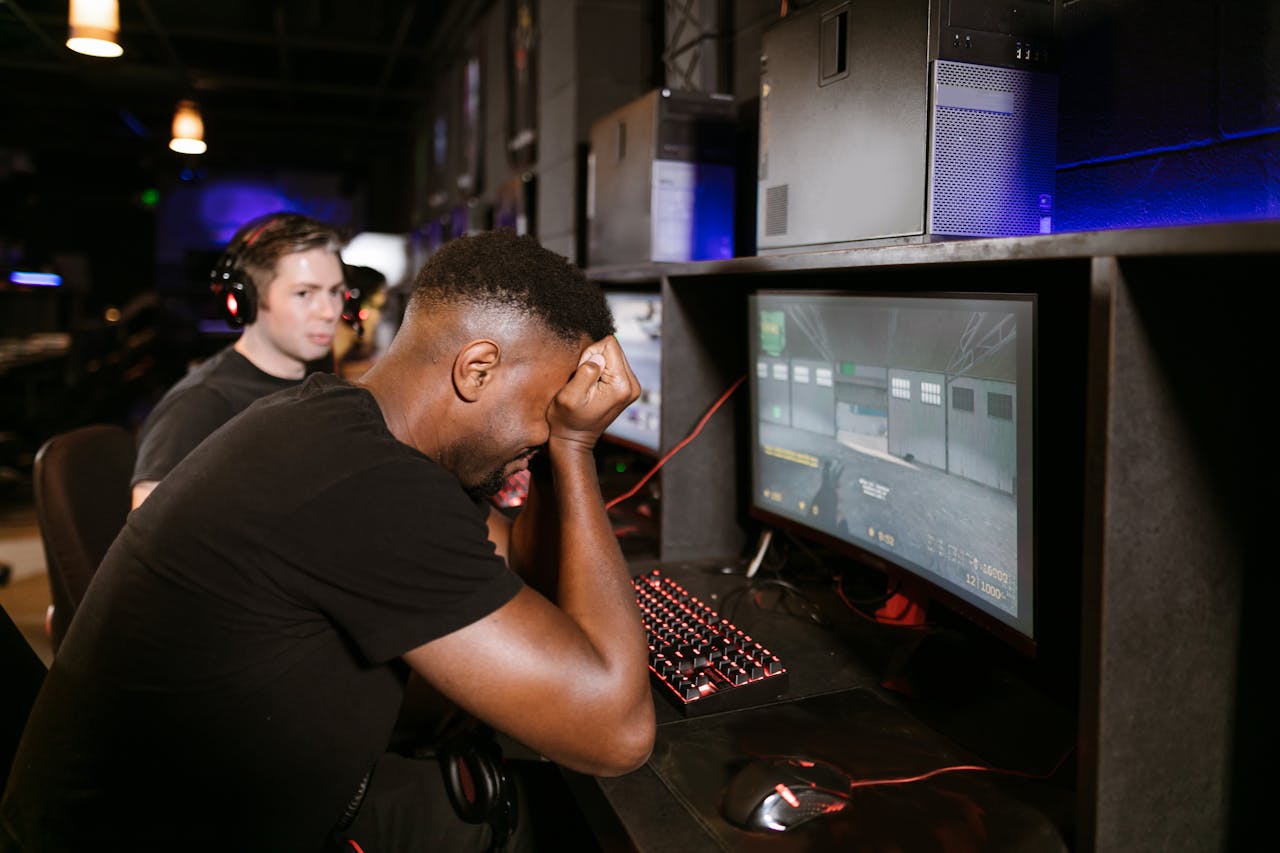 Photo by RDNE Stock project on Pexels
Photo by RDNE Stock project on Pexels
1. You Use the Loading Screen to Pee
Let’s start light! If you find yourself holding it in until the loading screen kicks in, you’re probably taking things a little too seriously. Taking breaks is key to achieving a balance, and putting video games before normal bodily functions is a sign of a bigger problem.
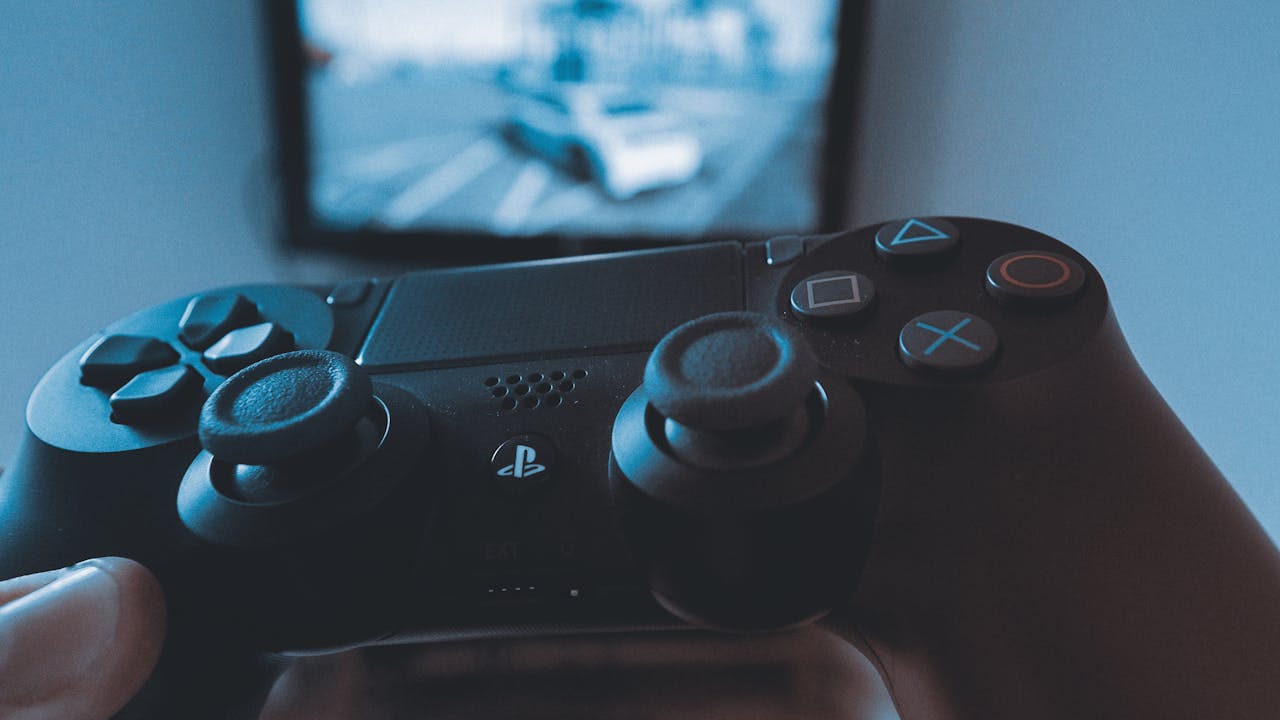 Photo by Jaroslav Nymburský on Pexels
Photo by Jaroslav Nymburský on Pexels
2. Chores Aren’t Getting Done
If the dishes are piling up or the floor is littered with soda bottles and takeout trays, it probably means you’re letting important things slip. A clean and hygienic room or home is essential to a healthy lifestyle, which is why you should make sure you’re taking the time to empty the trash or do the dishes before settling into a night of gaming.
 Photo by Ivan Samkov on Pexels
Photo by Ivan Samkov on Pexels
3. You Compare Life to Video Games
Video games have a way of warping our sense of reality. Often, they fill us with wonder and intrigue, but if you develop an unhealthy obsession, it may be difficult to differentiate real life from games. For example, if you start treating others like NPCs instead of real people, you’ve gone too far.
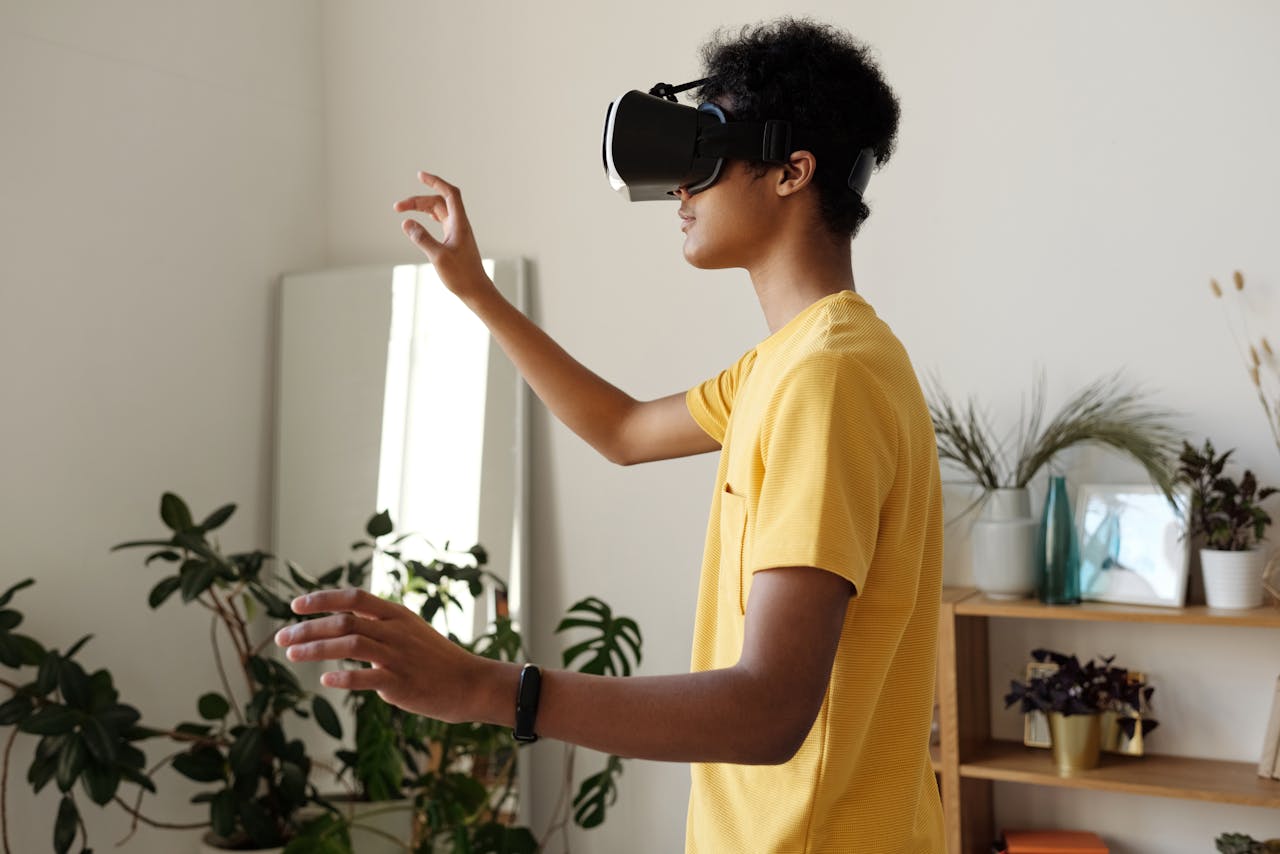 Photo by Julia M Cameron on Pexels
Photo by Julia M Cameron on Pexels
4. You Feel Irritable
When you get addicted to something and it’s taken away, you react harshly. This could mean yelling, crying, or being outright unreasonable. So, the next time someone turns off your games, make sure you react appropriately instead of lashing out.
5. You’ve Lost Interest in Other Hobbies
A variety of hobbies ensures some spice in life. If you find yourself slowly giving up going to the gym or reading books to exclusively dedicate yourself to video games, then you should pull the plug. Don’t let video games consume your life.
6. You Lose Track of Time
If you’ve ever said, “Just one more game” only to find five hours have suddenly passed, then you might be addicted. Losing track of time to games will severely impact your social life and mental health. Remember, all things should be in moderation.
7. You Crave Games
When you’re addicted to something, you crave it. This applies to sugary drinks as easily as it does to your monitor. If you wake up every morning with video games being the first thing on your mind, then it’s time for a break—maybe a long one.
8. You Excessively Use Gamer Lingo
By itself, using gamer lingo is harmless, but when you find yourself talking to people like your teammates 24/7, then you’re taking things too far. That being said, it’s hard to blame you for calling that reckless driver on your morning commute a noob.
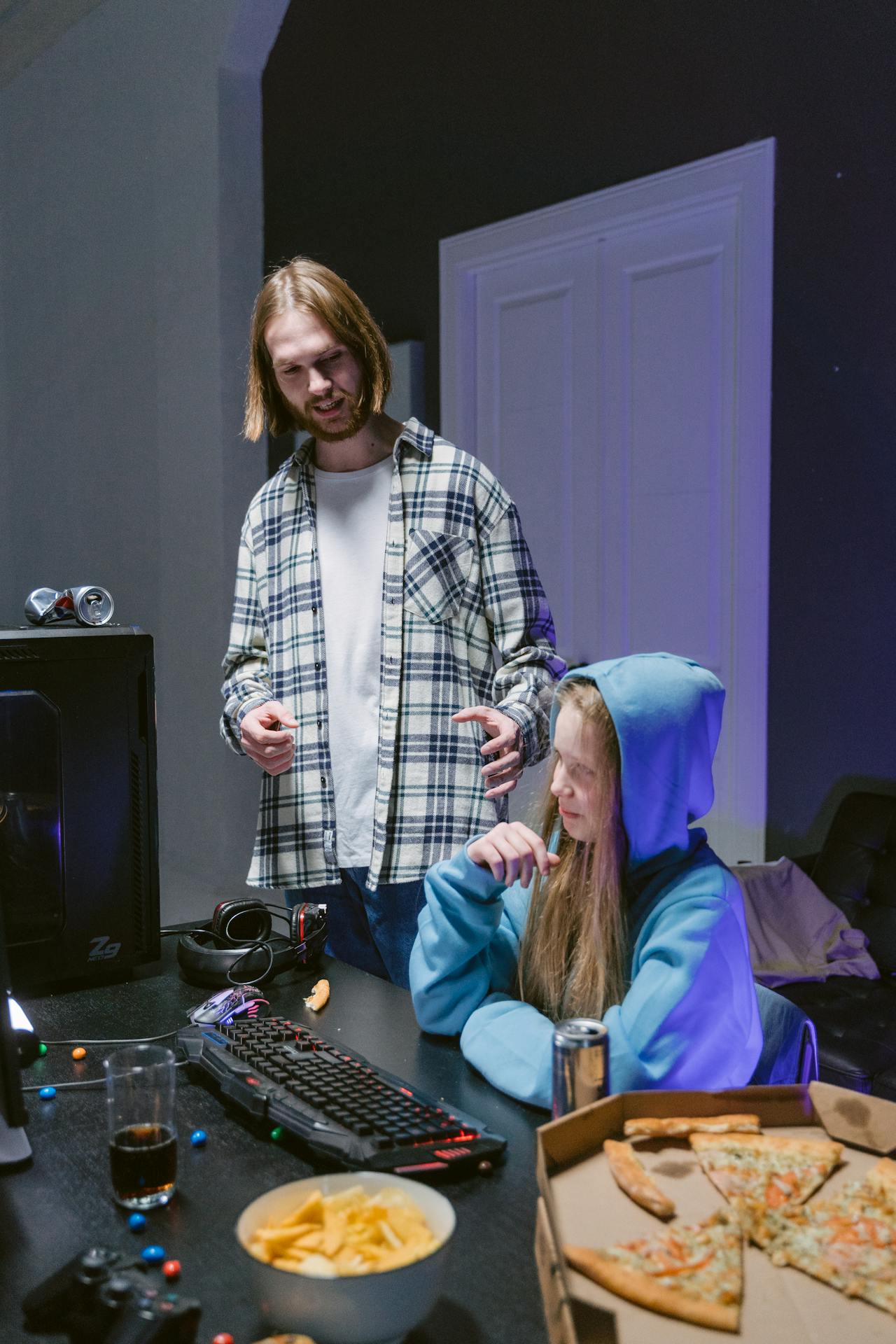 Photo by Tima Miroshnichenko on Pexels
Photo by Tima Miroshnichenko on Pexels
9. Source of Happiness
The pursuit of happiness drives a lot of people through their daily lives. Happiness can take the form of family, friends, and creative passions. However, if your only source of happiness is slouching over the PC for days on end, then it’s time to reevaluate.
10. You’re Not Sleeping Enough
Many scientists agree that sleep is essential to health and happiness. Not getting enough rest can leave you grouchy and can even shorten your lifespan. If you often find yourself staying up till 4 a.m., unable to pull yourself away from the screen, then you may have a big problem on your hands.
 Photo by Ketut Subiyanto on Pexels
Photo by Ketut Subiyanto on Pexels
11. You Prioritize It
Everyone has priorities, and it’s up to you to decide what truly matters. That being said, always prioritizing games can be harmful, especially when it takes precedence over the needs of your loved ones. If your partner is busy with the baby and you spend several hours of the day on your PlayStation, then you need to fix your priorities.
 Photo by Matilda Wormwood on Pexels
Photo by Matilda Wormwood on Pexels
12. You Stop Seeing Friends
Humans are social creatures, and while we can be social when we’re playing multiplayer games, it’s important to also spend face time. If you keep rejecting your friends’ invitations to go out, don’t be surprised if they stop asking altogether.
13. You Only Talk About Games
There are lots of interesting topics to base a conversation around. However, if the only thing you want to talk about is video games, then you’re probably taking it too far. It’s totally fine to bring up your latest online adventures but be sure to discuss the other person's interests too.
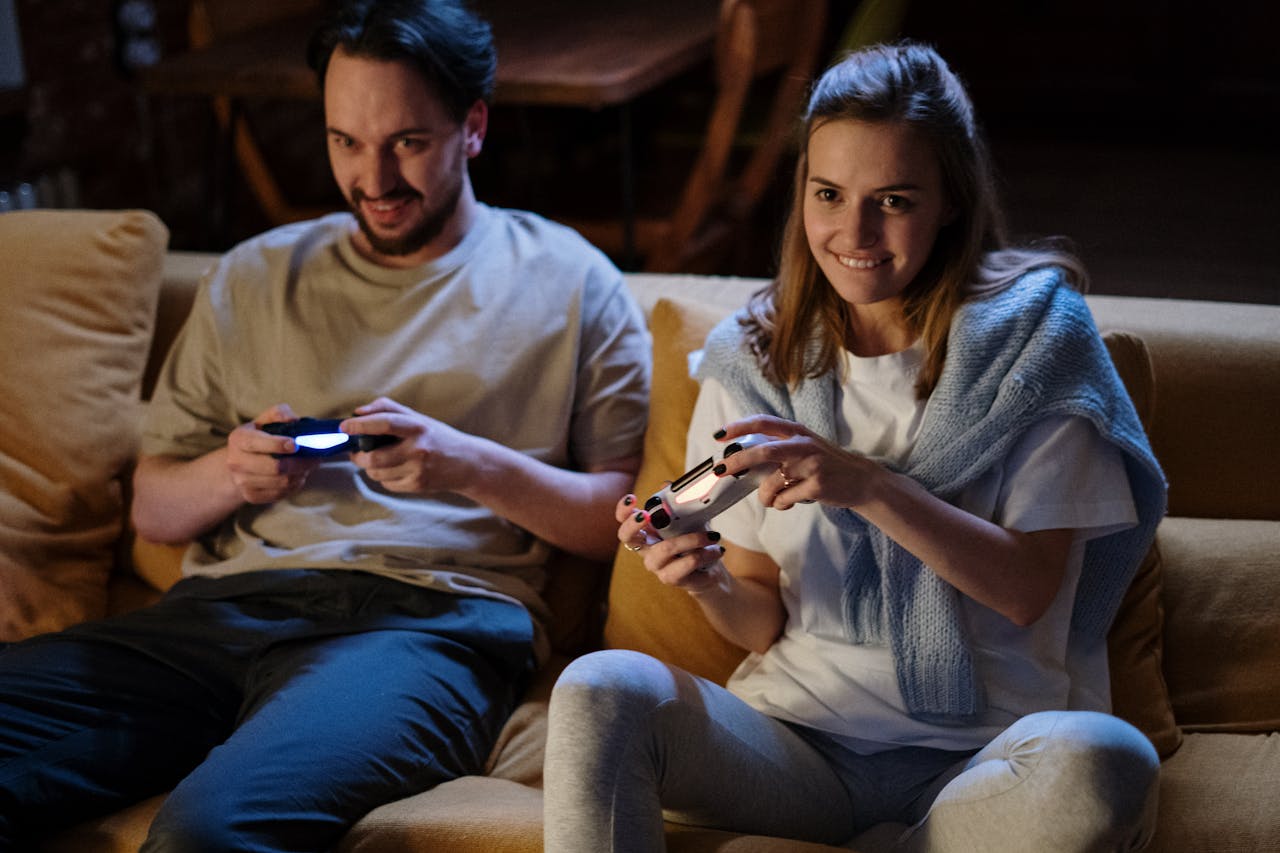 Photo by cottonbro studio on Pexels
Photo by cottonbro studio on Pexels
14. You Spend a Lot
Feeding an addiction is expensive, and when it comes to video games, it’s pretty easy to blow the budget on in-game currencies and cosmetics. Treating yourself to something special now and then is fine—but if you’re more concerned with buying the latest console than you are with paying rent, you might have an addiction.
15. Your Partner’s Complaining
Whether it be a partner, a family member, or even a friend, the people around you should care deeply about your well-being. Only someone who truly loves you will have the guts to intervene when things are getting bad. So, if someone special tells you you’ve got a problem, be sure to take it seriously.
 Photo by Timur Weber on Pexels
Photo by Timur Weber on Pexels
16. Mood Swings
Volatile mood swings are another marker of a growing problem. One second, you’re happily seated at your desk, and the next you’re huffing and puffing in the grocery aisle. If your mood is dependent on your proximity to video games, then it’s time to get help.
 Photo by Liza Summer on Pexels
Photo by Liza Summer on Pexels
17. You Neglect Responsibility
Similar to chores, it’s important to know what your responsibilities are and to value them appropriately. If you have children or pets, make sure they come first. Similarly, video games should be a way to de-stress, but they should never come before school or work.
18. It’s The First Thing You Do
The moment you step through the door when you get home, do you find yourself rushing to the controller? Do you load into your favorite game first thing in the morning—even before having breakfast? These are all signs of a bigger problem.
19. You Get Angry When You Lose
Games can be annoying, and losing can make anyone feel a bit sad. But if you get to the point where you’re throwing the controller or screaming at the people around you, then you shouldn’t be around games at all.
20. You Can’t Stop
The simplest marker of an addiction is the inability to stop. If you’re so confident that you have everything under control, then it should be super easy to put a pause on the video games for a week or two. However, if the thought of stopping—even for a day—fills you with dread, then you might be addicted.


